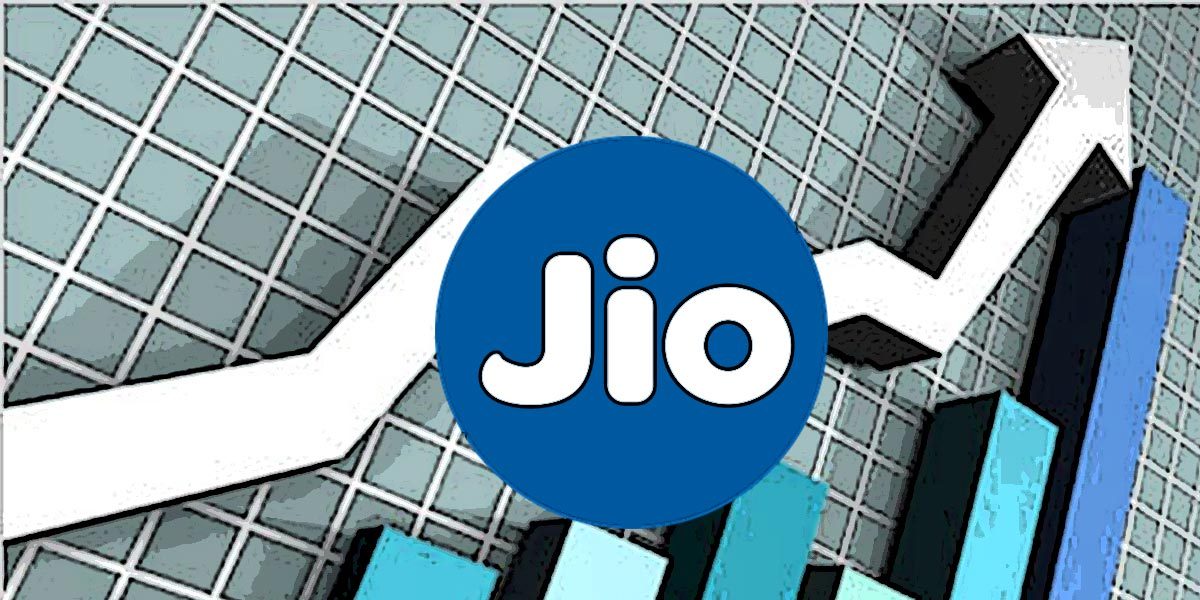In response to a consultation before the draft telecom bill was released by the Indian government, Reliance Jio said in a filing that the government should regulate messaging apps. In fact, the submission suggested the idea of a draft telecom bill, which the government appears to have implemented. The consultation process on the specifics of that draft is underway.
“[A new converged telecom bill] should facilitate infrastructure development rather than encouraging unregulated or under regulated OTT players,” the filing said. (The telecom industry refers to messaging and internet calling apps as OTT, not to be confused with streaming platforms.)
Entrackr obtained the submission through the RTI Act.
Regulation should focus on OTT
“[…] because of the distinct regulatory regimes [in place], services that are provided by different network technologies but compete with one another often receive different regulatory treatment,” Jio complained. “Owing to that, […] we have a situation where some domains are almost ungoverned (like OTT applications), while other[s] are differently regulated (like cable and broadcast service providers) when compared to telecom specific regulations.”
The filing does not directly argue that messaging apps should be required to provide user data to the government upon request (WhatsApp parent Meta is a major investor in Jio). However, the filing does say that the convergence in the telecom industry is “creating [a] pressing need for uniform policies from a data security policy perspective viz. data protection, data sharing, data localization, data interoperability, creation of data sets and cooperation with Law Enforcement Agencies, among others.”
“Telecommunication is already governed strictly,” Jio said, adding that “OTTs don’t have similar regulatory obligations on them, creating a non-level field for digital communication.” The telco argued that there should be a “comprehensive legal framework for digital communication as a whole” developed jointly by the DoT and the Ministry of Electronics and Information Technology.
This statement is not completely accurate. The Information Technology (Intermediary Liability and Digital Media Ethics Code) Rules, 2021 required messaging apps to enable “traceability” of forwarded messages, something that WhatsApp has challenged in the Delhi High Court, arguing that such a requirement would force it to undermine the privacy of its platform.
Amit Mathur, Head of Data Regulation and Data Architecture at Jio, spoke on some of the themes in this submission at a CCAOI event last month.
Auction should continue for all spectrum
The filing said that the current system of auctions for allocating spectrum should continue. The American Chamber of Commerce in India had argued in this same consultation that some spectrum for IoT devices and short range devices should be done administratively instead.
“[W]e submit that the spectrum for [Microwave Access]/[Microwave Backbone]/E-band/V-band/Satellite services should be allocated through a transparent auction process only and the administrative allocation of this spectrum cannot be termed fair or tenable,” Jio argued. “The market value of this spectrum is not known,” the telco said. Delicensing spectrum went against Supreme Court observations, and violated articles 14 and 19 of the Indian constitution, Jio submitted.
Fixed line broadband providers have argued that some spectrum bands (like the ones mentioned above)
The Universal Service Obligation Fund, which all telecom operators are required to pay into for expanding coverage to rural areas, should also disburse funds for research and development of technologies, Jio said.
Entrackr will continue covering filings to the DoT on its telecom legislative framework consultation this week.














